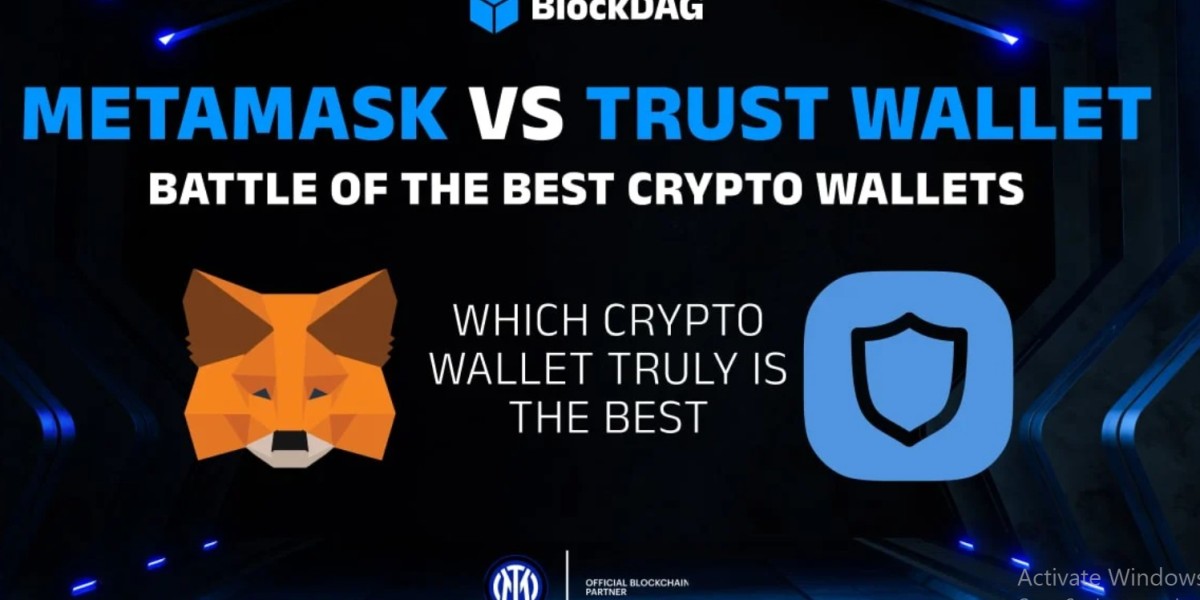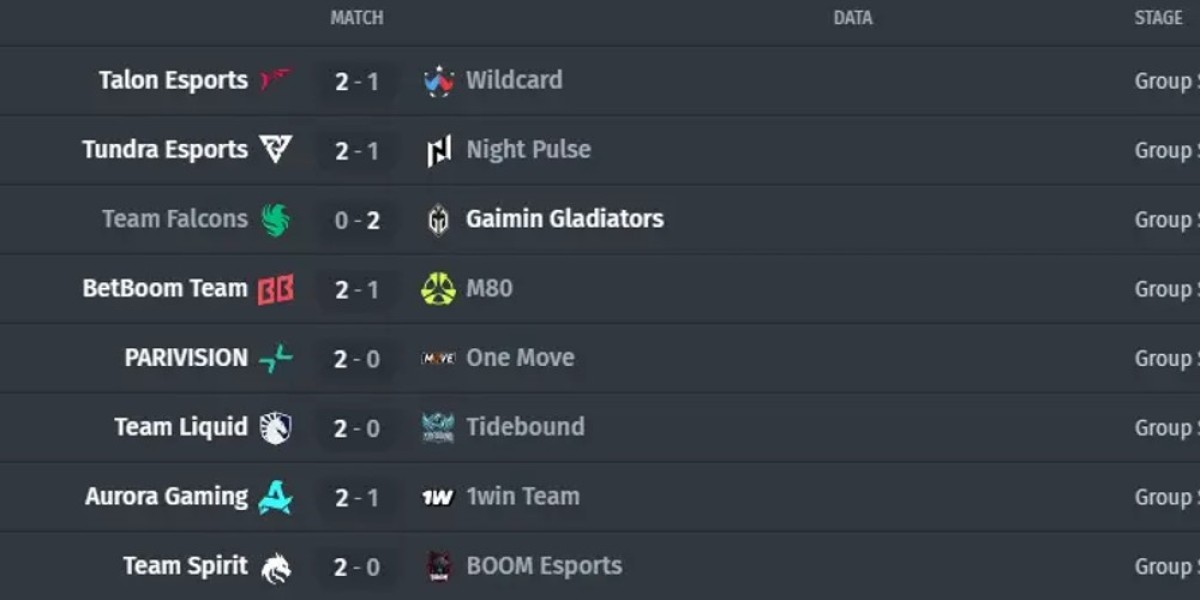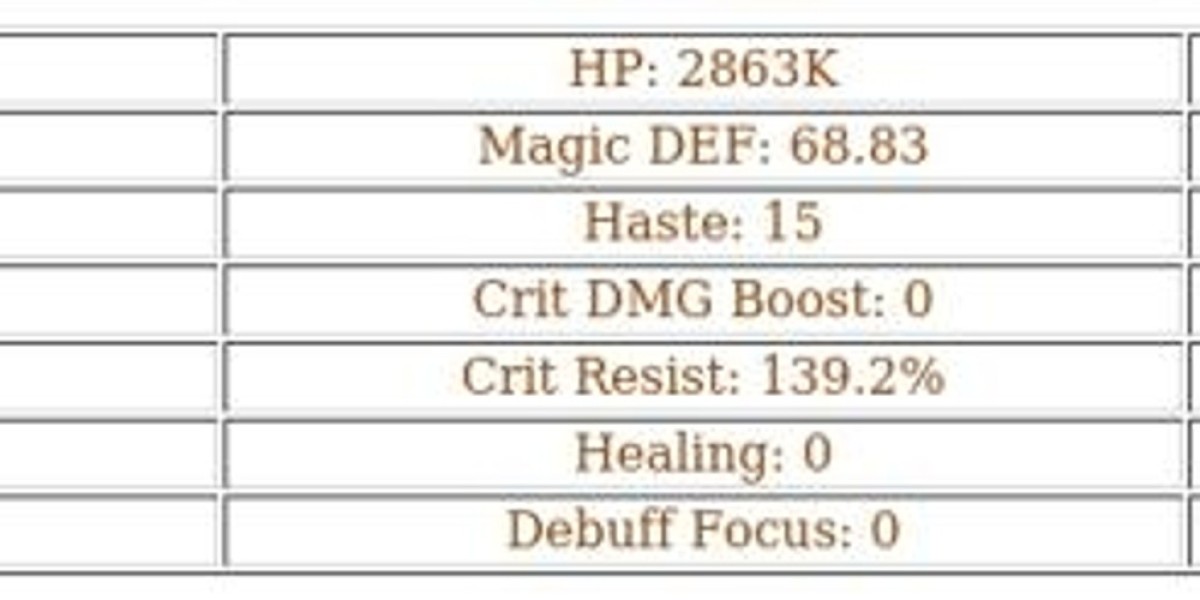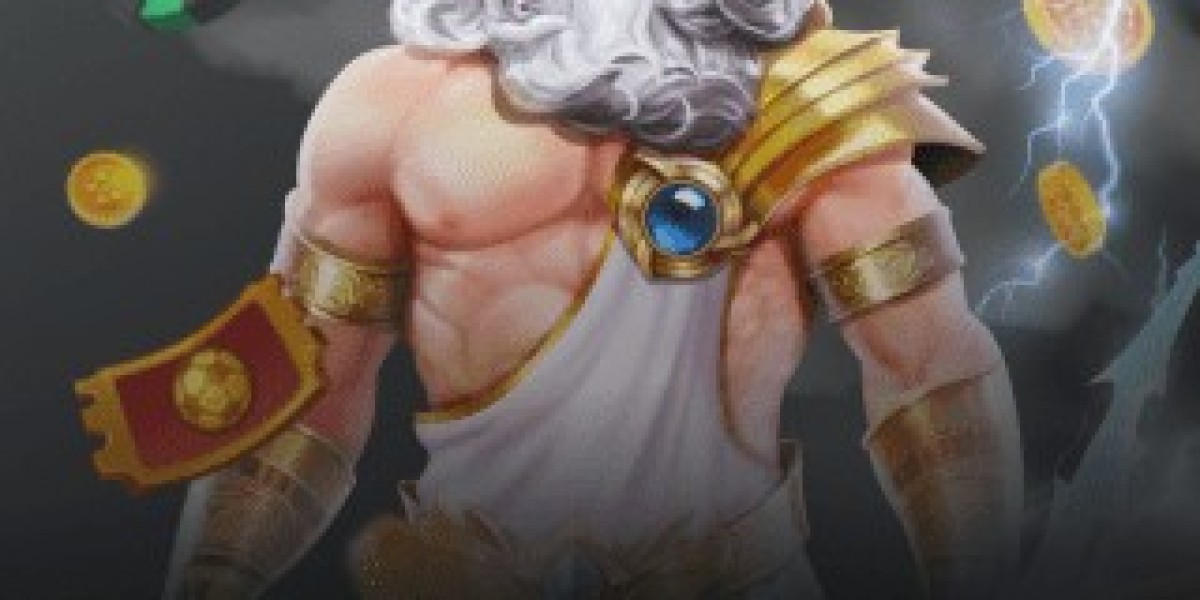In the rapidly evolving world of cryptocurrency, having a reliable and secure wallet is paramount. Among the many options available, MetaMask and Trust Wallet stand out as two of the most popular non-custodial wallets used by millions worldwide. Both wallets allow users to store, send, and trade cryptocurrencies while offering seamless access to staking, decentralized finance (DeFi) projects, and decentralized applications (dApps). But how do these two giants compare? This blog dives deep into the metamask vs trust wallet battle, breaking down their key features and helping you decide which wallet suits your crypto needs best.
1. Overview of MetaMask and Trust Wallet
MetaMask started as an Ethereum-only wallet but has since expanded its reach to support various Ethereum Virtual Machine (EVM) compatible networks like Binance Smart Chain (BSC) and Polygon — although these require manual configuration. Trust Wallet, on the other hand, supports multiple blockchains out of the box, including Ethereum, Binance Chain, Solana, and other Layer-1 protocols, making it naturally suited for users who want multi-chain access without hassle.
Both wallets are free to use, though transaction fees apply depending on blockchain network congestion and swap activities within the apps. Their open-source nature means the community can audit their security protocols, bolstering trust and transparency.
2. Blockchain Compatibility: Multi-Chain Support Matters
If you’re someone who deals with multiple cryptocurrencies across different blockchains, Trust Wallet offers a significant advantage with its native multi-chain support. It supports a broad spectrum of blockchains by default, removing the need for users to manually add new networks.
MetaMask is more Ethereum-focused. While it does allow adding other EVM-compatible networks like BSC and Polygon, this process involves manual setup that might intimidate newcomers. Hence, if you primarily operate within the Ethereum ecosystem or EVM networks and prefer a desktop extension, MetaMask could be your go-to wallet.
3. Token Swapping: Convenience at Your Fingertips
Both wallets provide built-in token swapping, allowing users to exchange cryptocurrencies without leaving the app. MetaMask’s swap feature is mostly oriented towards Ethereum-based tokens but integrates various liquidity sources to ensure competitive rates.
Trust Wallet extends this flexibility by enabling token swaps not just on Ethereum but also on networks like Binance Smart Chain. This broader swap support makes Trust Wallet more versatile for users who want to trade assets across different ecosystems seamlessly.
4. Handling NFTs: Which Wallet Gives You More?
NFTs have become a huge part of the crypto space, and managing them conveniently is critical. Both MetaMask and Trust Wallet support NFTs but differ in user experience.
MetaMask primarily supports Ethereum-based NFTs and offers a straightforward interface for them. However, it falls short when handling NFTs from other networks.
Trust Wallet shines in this area by offering a more comprehensive NFT experience, supporting multiple blockchains beyond Ethereum. If your NFT collection spans various chains, Trust Wallet’s cross-chain NFT management makes it a better choice.
5. dApp Browsing: Desktop or Mobile?
For users who frequently interact with decentralized applications, the dApp browsing experience is crucial. MetaMask is well known for its browser plugin, making it the preferred choice for desktop users who want smooth Web3 app interactions.
Trust Wallet also provides a desktop extension and boasts an integrated dApp browser on mobile, offering a similar experience for mobile-first users. However, the desktop performance and integration of MetaMask still hold a slight edge for dedicated desktop users.
6. Staking Opportunities: Earning Passive Income
Staking lets you earn rewards by participating in blockchain network operations, and both wallets support staking—but with different focuses.
Trust Wallet integrates native staking support for several cryptocurrencies like BNB and XTZ, making it easy to earn passive income directly within the app. This feature is especially attractive for users who want a hassle-free way to stake multiple tokens without moving funds elsewhere.
MetaMask also offers staking options, especially for Ethereum and related projects, including liquid and validator staking. However, its staking ecosystem is comparatively narrower and more Ethereum-centric.
7. Security Features: Protecting Your Assets
Security is a top priority for any crypto wallet user. Both MetaMask and Trust Wallet are non-custodial, meaning users hold their private keys and control their funds completely. Neither wallet stores your keys on centralized servers, which enhances security and privacy.
Their open-source codebases allow community audits, but the biggest risks come from user errors like phishing attacks or sharing seed phrases. Both wallets face these threats equally. The key to staying safe is following best security practices—never share your private keys or recovery phrases and verify URLs when accessing dApps.
8. User Experience: Ease of Use Matters
For beginners or casual users, the onboarding experience is crucial. MetaMask’s manual setup for networks outside Ethereum can be intimidating for newcomers but is manageable with the many online guides available.
Trust Wallet’s multi-chain support out of the box simplifies the experience, especially for users who want to manage different blockchains without technical configurations. Its mobile-first design also appeals to those who prefer managing crypto on the go.
9. Transaction Costs: What You Pay
Transaction fees depend mainly on network congestion and vary dynamically. Both MetaMask and Trust Wallet calculate gas fees based on blockchain conditions. Additionally, each charges small fees on token swaps inside the app, but these fees are competitive and similar across both platforms. Thus, transaction costs should not be the primary factor in choosing between the two.
10. So, Which Crypto Wallet is Truly the Best?
Choose MetaMask if: You want a powerful desktop browser extension focused on Ethereum and EVM-compatible networks, need easy access to Web3 dApps, and primarily deal with Ethereum-based DeFi.
Choose Trust Wallet if: You prefer a mobile-friendly wallet that supports multiple blockchains out of the box, want integrated staking, and desire a better NFT experience across various networks.
Ultimately, the best wallet depends on your personal needs and crypto activities. Both wallets are trusted, secure, and user-friendly, designed for different user preferences.
11. The Wallet Wars Are Just the Beginning — Enter BlockDAG
While MetaMask and Trust Wallet serve as essential tools for managing digital assets, the blockchain space is advancing rapidly with innovations like BlockDAG. This new technology combines blockchain and Directed Acyclic Graph (DAG) structures to improve scalability and transaction speed.
BlockDAG has already attracted significant investor interest, raising over $216 million in presales and selling more than 19.3 billion tokens. It offers practical mining tools such as efficient X10 and X100 miners and supports a growing community through its Ambassador Program. Strategic partnerships also boost its credibility.
As crypto wallets continue evolving, projects like BlockDAG represent the next wave of blockchain innovation, promising better infrastructure and expanded possibilities for users worldwide.
Final Thoughts
MetaMask and Trust Wallet are two of the most popular and secure crypto wallets available today, each excelling in different areas. Your choice should align with your blockchain preferences, device usage, and crypto activities. Meanwhile, keep an eye on emerging innovations like BlockDAG, which signal exciting future developments in the blockchain ecosystem.
No matter which wallet you choose, always practice good security habits to safeguard your digital assets. The future of crypto is bright, and having the right wallet will ensure you’re ready to ride the wave of this revolutionary financial technology.








